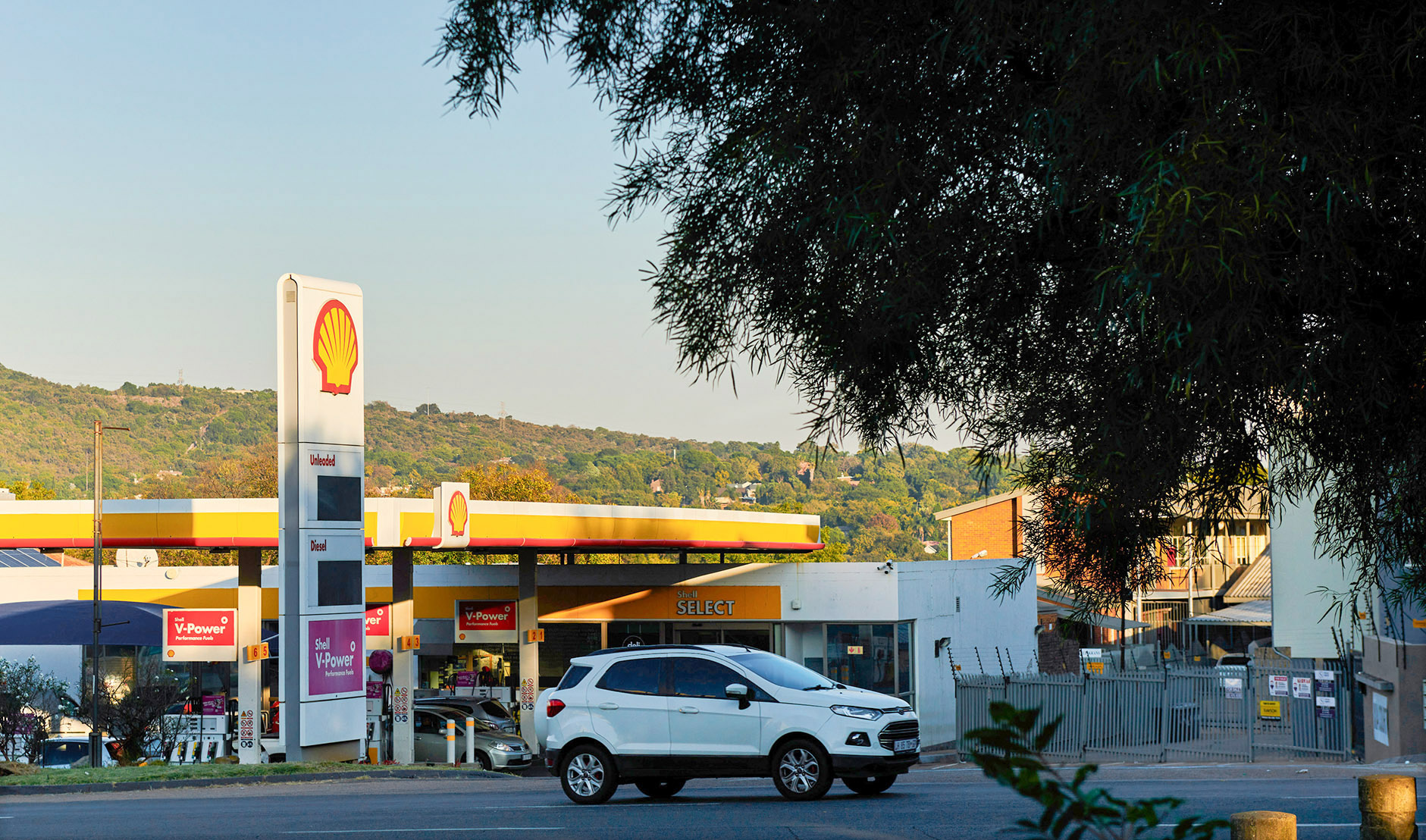The local subsidiary of the global fuel giant Shell is asking the government to reduce at least three fines imposed on the company for operating illegal petrol stations in KwaZulu-Natal.
This comes after Shell Downstream South Africa admitted that several Durban service stations were built or expanded without mandatory environmental impact assessments (EIAs). The studies are required to assess the potential environmental hazards of large volumes of petrol and diesel leaking into rivers, dams, underground water or other risk factors.
Shell argued that three recent fines (R250,000 per offence) were “too high” and asked for them to be reduced – even though they are 20 times lower than the maximum fines permitted by law.
The company’s plea for leniency has come as a surprise to environmental justice advocates, including Durban-based campaigner Desmond D’Sa, who called on KZN government regulators to hoick the fines sharply, rather than reduce them.
University of Johannesburg senior law lecturer Professor Jenny Hall also noted that legislation provided for a maximum fine of R5-million for such offences, so the R250,000 penalties appeared to be “a slap on the wrist”. Hall said that in addition to an administrative fine, offenders could be prosecuted and fined a further R10-million – even after the initial administrative fine for developments completed without an EIA process.
Shell South Africa spokesperson Pam Ntaka has not responded to questions from Daily Maverick about how many other similar fines the group had paid recently – nor how many of its more than 500 filling stations nationwide are compliant with EIA regulations.
 Shell has more than 500 filling stations across the country, some of which were developed illegally because no environmental impact assessments were done before they were built or expanded. (Map source: shell.co.za)
Shell has more than 500 filling stations across the country, some of which were developed illegally because no environmental impact assessments were done before they were built or expanded. (Map source: shell.co.za)
However, Daily Maverick has seen documents showing that at least 12 filling stations in KZN had been established or expanded illegally.
BP Southern Africa has also landed in hot water after being convicted in the Gauteng High Court for similar offences. Though the final written judgment has not been published yet, News 24 reported that BP was fined R52-million in September for 17 illegal filling station offences following a private prosecution launched by Uzani Environmental Advocacy CC.
Shell’s recent plea for leniency came to light after the company wrote letters to the KZN Appeals Administrator to reduce three administrative fines imposed on 30 August by the provincial Department of Economic Development, Tourism and Environmental Affairs.
The company’s corporate environmental adviser Sinethemba Mali-Bolo stated that “Shell is of the view that the fine imposed is too high” and requested that a lower amount be considered.
The administrative fines were imposed after Shell submitted applications for after-the-fact environmental approval for at least three of its Durban-based filling stations – in Field Street, Clare Road and Parthenon Street.
‘Start, then say sorry’
In terms of Section 24G of the National Environmental Management Act (NEMA), developers are allowed to apply for retrospective authorisation of illegal developments and to pay an administrative fine.
While the Section 24G process has been welcomed by some parties as a mechanism to encourage offenders to rectify past environmental law transgressions, it has also been criticised as undermining the fundamental objectives of EIAs – a cornerstone of government efforts to ensure that negative impacts are assessed thoroughly in advance.
In a recent law journal analysis, Prof Hall noted that some critics believed that Section 24G administrative fines could actually stimulate non-compliance, by encouraging developers to adopt a “start now and say sorry later” approach to illegal developments.
Commenting specifically on Shell’s recent appeal for leniency on the Durban fines, Hall said: “As a multinational with a major environmental footprint, the minimum expectation is that Shell has a robust internal environmental compliance system which ensures that it obtains the required environmental authorisations.”
In its written appeal against the fines, Shell had emphasised its “commitment” to ensuring that its facilities were fully compliant with environmental laws.
However, the fact that it had made several applications in terms of section 24G for authorisation of developments which commenced illegally “suggests that there is much to be desired in turning its commitment into practice – especially given that some of these unlawful activities have not been addressed by Shell for 20 years,” said Hall.
“The appeal of a fine which is already well below the maximum and effectively a slap on the wrist, also suggests a belief that a stated commitment should offset accountability where the commitment is not followed through on.
“Reducing the fine will not send the required signal to Shell that it needs to be serious about reviewing and addressing the system failures in its compliance system that result in these applications and that where it does not, it should be prepared to accept the legal consequences,” said Hall.
“If the government department takes the opportunity to recommend significantly increasing the fine, it may.” DM
https://www.youtube.com/watch?v=REeWvTRUpMk




 Shell has more than 500 filling stations across the country, some of which were developed illegally because no environmental impact assessments were done before they were built or expanded. (Map source: shell.co.za)
Shell has more than 500 filling stations across the country, some of which were developed illegally because no environmental impact assessments were done before they were built or expanded. (Map source: shell.co.za)